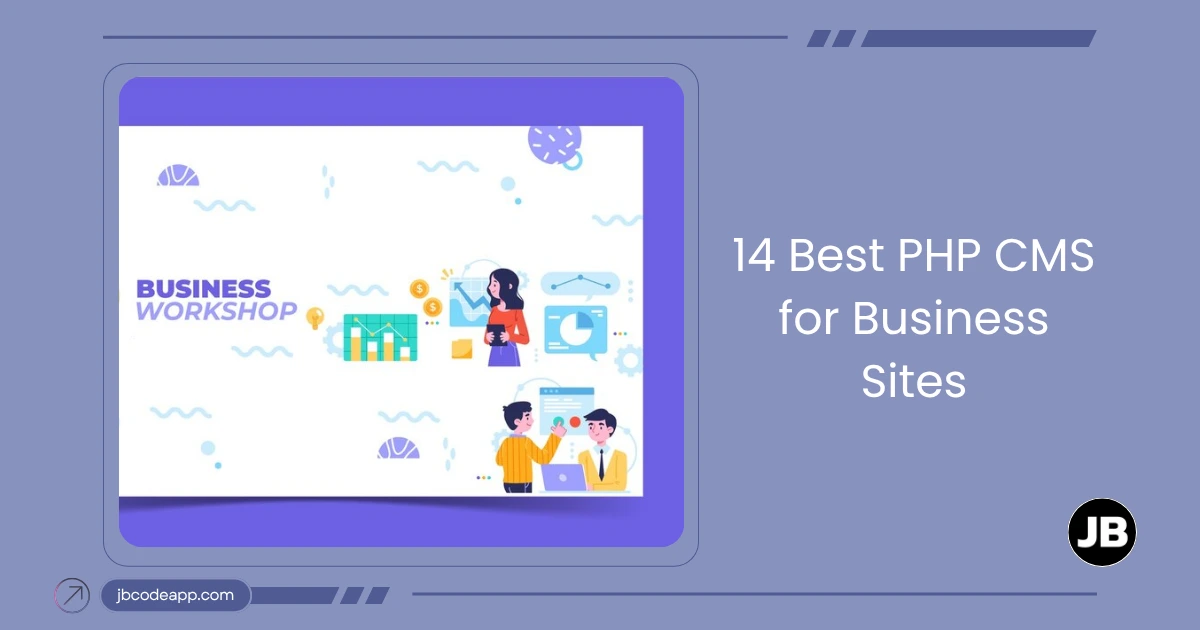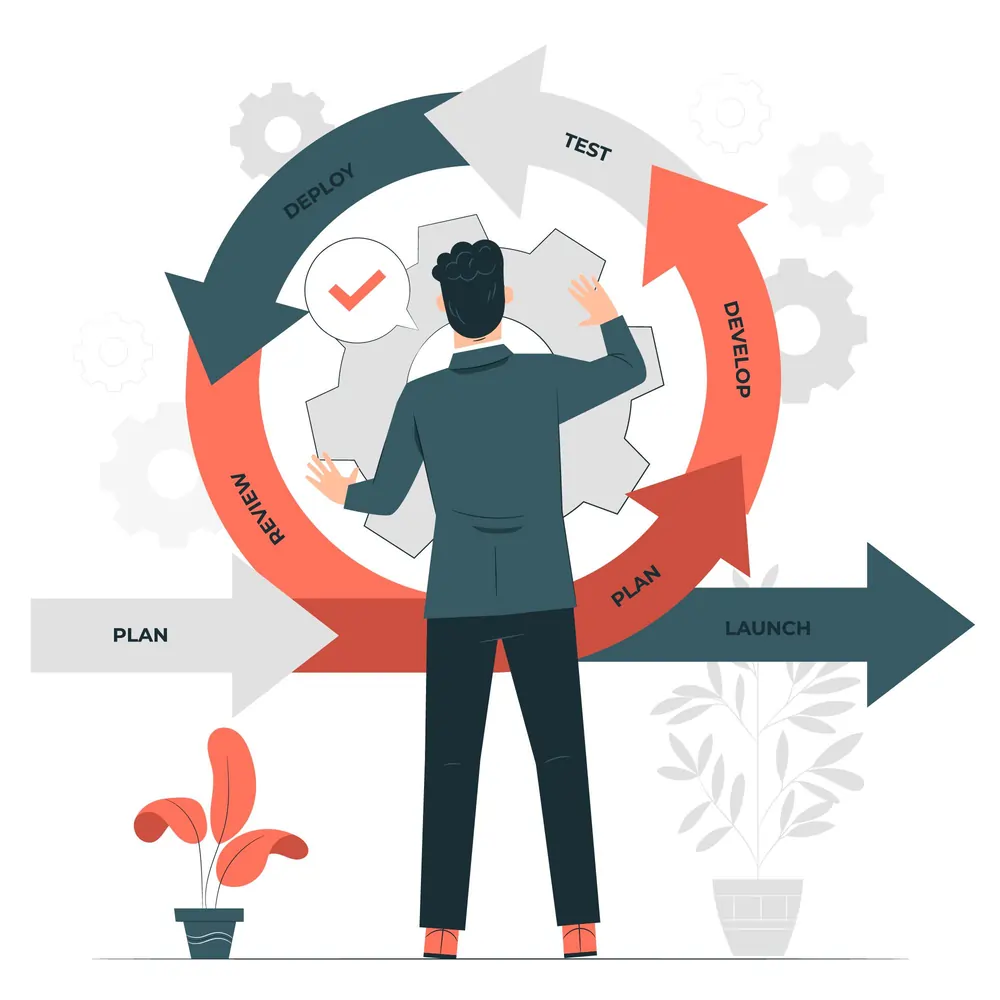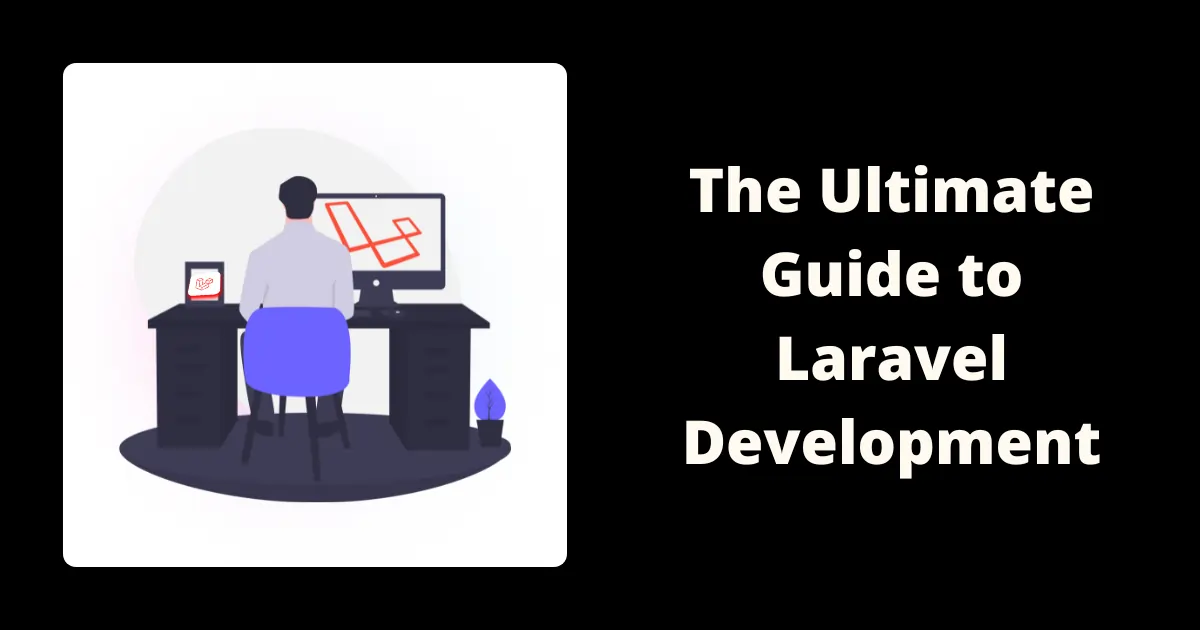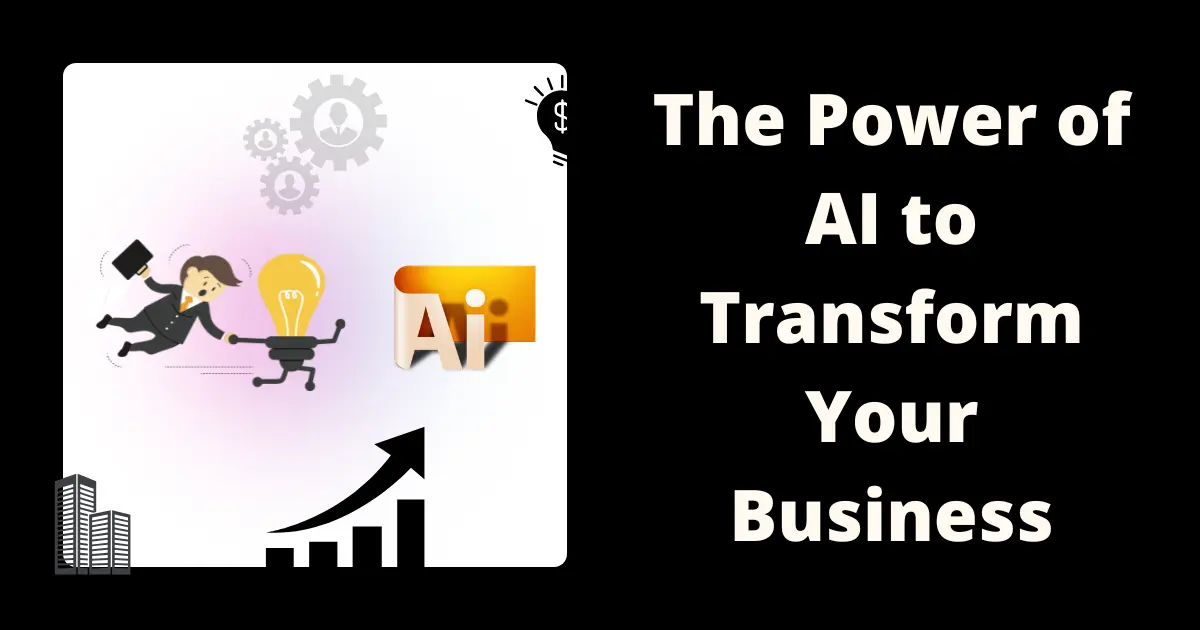14 Top PHP CMS Platforms to Build a Powerful Business Website

Overview
Table of Contents
What is a PHP CMS?
A PHP Content Management System (CMS) is a software application built in PHP that helps users create, manage, and modify website content without needing specialized technical knowledge. PHP CMS platforms offer pre-built modules, themes, and templates that streamline web development. They power everything from simple blogs to complex business websites and e-commerce stores.
PHP CMS tools are known for their flexibility, scalability, and ease of use. They enable businesses to quickly launch web applications, manage digital content, and scale online services cost-effectively.
Why Choose PHP CMS Platforms for Your Business Website in 2025
Choosing a PHP CMS platform for your business website isn’t just a trend—it’s a strategic decision that offers long-term benefits in cost, performance, and flexibility. Here’s a breakdown of the top reasons why businesses continue to prefer PHP-based CMS platforms: Here are a few compelling reasons to choose a PHP CMS platform for your business website:
-
Open-Source and Cost-Effective Most PHP CMS platforms are open-source, which means you don’t need to pay licensing fees. This makes them a cost-effective choice, especially for startups and small businesses. You also get access to a large community of developers contributing to plugins, security patches, and themes—saving both time and money in development.
-
Wide Adoption PHP CMS platforms like WordPress, Joomla, and Drupal are globally recognized and widely adopted. This means you’ll find an abundance of online tutorials, plugins, themes, and professional developers. The popularity of these platforms ensures long-term support and easy access to technical help whenever needed.
-
Flexibility & Customization PHP CMS solutions are designed to be customizable. Whether you want a simple blog or a complex enterprise portal, you can tailor the platform to suit your specific business needs. From layout design to custom functionality, PHP gives you the control to build a unique and powerful digital experience.
-
Security Security is a top concern for any online business. Leading PHP CMS platforms receive regular updates and security patches from their communities. Additionally, they support role-based access control, HTTPS configurations, and security plugins, which help safeguard your website from threats.
-
SEO-Friendly PHP CMS platforms are built with search engine optimization in mind. Many come with built-in SEO features or allow integration with plugins that enhance your website’s visibility. You can easily manage meta tags, generate sitemaps, and configure URLs to boost your rankings in search engine results.
-
Extensive Plugin Support Plugins and extensions make it easy to expand your website’s functionality without heavy coding. From contact forms and analytics to e-commerce tools and multilingual support, you can install what you need with just a few clicks.
-
Fast Deployment Time is money in business, and PHP CMS platforms enable you to launch websites quickly. With drag-and-drop editors, ready-to-use templates, and one-click installation options, even non-technical users can set up a professional-looking website in hours.
-
Scalability As your business grows, so should your website. PHP CMS platforms are scalable, meaning they can handle increased traffic, more content, and additional features as your needs evolve. Whether you're starting small or going enterprise-level, these platforms grow with you.
What to Look for When Choosing a PHP CMS Platform for Business

Selecting the right PHP CMS platform is key to building a website that supports your business goals and adapts as you grow. Here's what to prioritize:
-
Ease of Use Look for a CMS with a clean, user-friendly dashboard, intuitive navigation, and WYSIWYG editors that allow non-technical users to manage content effortlessly.
-
Customization Options Choose a platform that offers flexible themes, custom modules, and plugin support so you can tailor your website to match your brand and functionality needs.
-
Scalability A good CMS should grow with your business. Opt for platforms that support high traffic, multi-language content, or multi-site management if needed.
-
Community Support Strong developer and user communities ensure better documentation, regular updates, forums, and third-party tools—especially useful when troubleshooting or scaling.
-
Security Features Prioritize CMS platforms that offer robust security tools, regular patches, role-based access control, and compliance features to protect your business data.
-
SEO Optimization Tools Look for built-in or plugin-based SEO tools to manage meta tags, optimize URLs, generate sitemaps, and integrate with search engine tools like Google Search Console.
-
Integration Capabilities Ensure the CMS can connect with external tools such as CRMs, payment gateways, marketing automation, analytics platforms, and third-party APIs.

Need Help Choosing the Right PHP CMS?
Request a Quote14 Top PHP CMS Platforms for Business Website Development in 2025
When it comes to building a professional business website, choosing the right PHP CMS (Content Management System) can make a world of difference. PHP CMS platforms offer a range of advantages—cost-efficiency, open-source flexibility, scalability, and a large community of developers and plugins. Whether you're running a startup or scaling an enterprise web presence, there's a PHP CMS out there to meet your business goals.
In this section, we explore the 14 most powerful and popular PHP CMS platforms that can elevate your online presence. Each platform is evaluated based on features, use cases, and what makes it stand out for modern business website development. From versatile tools like WordPress and Joomla to specialized platforms like Magento and TYPO3, this curated list will help you make an informed decision tailored to your needs.
1. WordPress
WordPress is the most popular PHP CMS in the world, trusted by millions of users and powering over 40% of all websites globally. Its intuitive interface, massive community, and vast library of themes and plugins make it a go-to choice for businesses of all sizes. With regular updates and a wealth of documentation, WordPress allows users to build secure, scalable websites without deep technical knowledge.
Businesses benefit from the platform's flexibility—whether you need a blog, a corporate portfolio, or an online store using WooCommerce. WordPress makes content creation and site management easy with its powerful WYSIWYG editor and customizable architecture.
Why it stands out:
-
Massive Plugin Ecosystem – Thousands of free and premium plugins to extend functionality.
-
Easy Installation – One-click installs through most hosting providers.
-
Frequent Updates – Regular core updates keep your site secure and up-to-date.
-
Extensive Theme Support – Easily change site design with pre-built or custom themes.
-
Strong Community – Massive user base, forums, tutorials, and third-party developers.
Ideal for: Blogs, corporate websites, small business sites, landing pages, and e-commerce with WooCommerce.
Need a custom WordPress site? Hire expert WordPress developers from JBcodeapp.
2. Joomla
Joomla is a powerful and flexible PHP CMS known for its balanced approach between ease of use and developer-friendly features. With a robust content management structure and native support for multiple languages, Joomla is ideal for creating complex websites without needing extensive customization. Its admin interface provides great control over layouts, menus, and user roles, making it a versatile option for business websites.
Joomla also boasts strong security features and a large directory of extensions to enhance functionality. Whether you're managing an internal network or a public-facing site, Joomla provides the tools you need to scale efficiently and securely.
Why it stands out:
- Excellent User Management – Advanced permission settings for managing different user groups.
- Multilingual Support – Built-in translation tools without requiring extra plugins.
- Versatile Extensions – Thousands of plugins, modules, and components to extend features.
- Structured Content Handling – Powerful tools to manage categories, articles, and media.
Ideal for:
Corporate websites, intranet applications, and community portals that require structured content and multi-user access.
3. Drupal

Drupal is a highly customizable PHP CMS platform that offers deep flexibility and robust functionality for complex websites. Designed with developers in mind, Drupal’s modular architecture allows for advanced content types, intricate workflows, and integration with external services. Its built-in caching and performance optimization features make it a reliable choice for high-traffic environments.
One of Drupal’s greatest strengths is its powerful user access control system, which supports detailed roles and permissions—essential for large organizations managing sensitive or segmented data.
Why it stands out:
- Modular Architecture – Build complex features using thousands of contributed modules.
- Advanced Permissions System – Fine-grained control over user roles and access levels.
- Strong Security Protocols – Regular updates and a dedicated security team.
- API-First Approach – Great for integrating with headless CMS and web apps.
Ideal for:
Government agencies, universities, enterprise-level businesses, and organizations that require high security and customization.
Looking for expert Drupal development? Hire a Drupal developer from JBcodeapp.
4. Magento (Adobe Commerce)
Magento, now part of Adobe Commerce, is a robust PHP-based CMS built specifically for e-commerce. Known for its scalability and extensive feature set, Magento allows businesses to manage thousands of products, run multiple stores, and customize every aspect of their online store. With powerful tools like advanced product filtering, customer segmentation, and personalized shopping experiences, it’s a go-to platform for large-scale online operations.
Thanks to its integration with the Adobe Experience Cloud, Magento offers unmatched marketing, analytics, and content personalization features. While it has a steeper learning curve, it delivers unmatched power for serious online businesses.
Why it stands out:
- Advanced E-commerce Features – Built-in tools for promotions, shipping, inventory, and multi-store management.
- High Customization – Developers can deeply customize both frontend and backend.
- Adobe Integration – Connects with Adobe’s suite for better marketing and analytics.
- Scalability – Handles large catalogs and high traffic with ease.
Ideal for:
Medium to large e-commerce businesses, especially those with complex product catalogs and global reach.
Need expert Magento support? Hire Magento developers from JBcodeapp.
5. OpenCart
OpenCart is a lightweight and easy-to-use PHP CMS platform tailored for small to medium-sized online stores. It comes with a clean admin dashboard, multi-store capabilities, and a wide range of built-in e-commerce features. Whether you’re managing orders, adding products, or setting up payment gateways, OpenCart keeps everything simple and straightforward.
It also supports thousands of extensions, themes, and integrations to enhance your store without overwhelming you with complexity. Perfect for startups and growing retailers looking for a budget-friendly, low-maintenance solution.
Why it stands out:
- User-Friendly Admin Panel – Intuitive dashboard for managing your store.
- Multi-Store Support – Manage multiple storefronts from a single interface.
- Extension Marketplace – Thousands of themes and modules available.
- Cost-Effective – Open-source and easy to set up on a tight budget.
Ideal for:
Small to mid-sized online retailers that need essential e-commerce functionality without the technical overhead.
6. PrestaShop
PrestaShop is a powerful open-source e-commerce CMS platform known for its rich out-of-the-box features. From product management and shipping rules to customer discounts and tax configurations, it provides everything you need to start and grow an online business. Its user-friendly backend and customizable frontend make it a favorite among non-technical entrepreneurs.
PrestaShop also offers a large marketplace of themes and add-ons, giving you the flexibility to enhance your store’s functionality as your business grows. It's an excellent choice for merchants who want full control without enterprise-level costs.
Why it stands out:
- Comprehensive Product Management – Built-in support for inventory, pricing, and promotions.
- Multilingual & Multicurrency – Perfect for international stores.
- Strong Community – A large, active user base and developer community.
- Quick Setup – Easy to launch and configure without technical skills.
Ideal for:
Entrepreneurs and small e-commerce businesses looking for a flexible and scalable platform.
7. TYPO3
TYPO3 is a powerful enterprise-grade PHP CMS known for its flexibility, multilingual support, and robust security architecture. It’s ideal for businesses that manage large volumes of content or operate across multiple regions. TYPO3 offers a scalable framework with advanced content editing workflows, granular user permissions, and multisite management capabilities.
It stands out in the enterprise CMS landscape by delivering high performance even under heavy traffic loads and supporting seamless integration with third-party systems like CRMs and ERPs.
Why it stands out:
- Enterprise-Level Scalability – Easily handles complex websites with thousands of pages.
- Multilingual and Multisite Support – Built-in localization and domain management.
- Security First – Regular updates, strict access controls, and secure coding practices.
- Content Workflows – Flexible editorial workflows and version control.
Ideal for:
Large enterprises, multinational corporations, and government websites that require secure, scalable, and multilingual content platforms.
8. Concrete5

Concrete5 is a user-friendly PHP CMS that enables in-context editing, meaning you can edit website content directly from the front end. Its intuitive interface and drag-and-drop features make it easy for non-developers to build and maintain websites without technical know-how.
Designed for simplicity, Concrete5 also includes customizable templates, built-in SEO tools, and a flexible permissions system, making it perfect for small businesses or organizations that want control without complexity.
Why it stands out:
- In-Context Editing – Real-time content editing directly on the page.
- Beginner-Friendly Interface – Clean and intuitive backend dashboard.
- Flexible Permissions – Manage user roles and access with ease.
- Built-in SEO Tools – URL rewriting, meta tags, and mobile responsiveness out of the box.
Ideal for:
Small business websites, nonprofits, and users without coding skills looking for a simple yet powerful content management solution.
9. OctoberCMS
OctoberCMS is a modern, Laravel-powered PHP CMS that provides developers with a clean and modular structure for building custom web applications. It merges the power of Laravel’s backend framework with a user-friendly admin panel, giving you full control over your code and UI.
With features like version control, reusable components, and plugin-based architecture, OctoberCMS is favored by developers building bespoke websites and scalable applications.
Why it stands out:
- Built on Laravel – Access to Laravel’s full ecosystem and best practices.
- Modular Design – Create custom plugins and themes with minimal effort.
- Developer-Friendly Architecture – Clean code, MVC structure, and flexible APIs.
- Version Control Friendly – Easily integrates with Git workflows.
Ideal for:
Developers, web agencies, and businesses looking to create custom applications or feature-rich websites with full backend flexibility.
10. MODX
MODX is a powerful CMS and application framework that combines content flexibility with full design freedom. Unlike other platforms that rely on predefined templates, MODX gives developers and designers complete control over their HTML, CSS, and JavaScript.
Its lightweight core and extendable plugin system make it highly customizable, and it’s particularly praised for its SEO-friendly architecture and performance optimization features.
Why it stands out:
- Unlimited Flexibility – No template constraints; build exactly what you want.
- SEO-Optimized Structure – Clean URLs, meta data controls, and fast loading.
- Robust API – Easily extend and integrate with other services.
- Security & Performance – Actively maintained with speed-focused updates.
Ideal for:
Digital agencies, freelancers, and developers needing a custom web solution without limitations on design or functionality.
11. SilverStripe
SilverStripe is an open-source PHP CMS with an elegant interface and robust MVC architecture, making it a preferred choice for developers building custom applications. Its modular design and flexible templating system allow users to craft tailored websites while maintaining high performance and scalability.
Designed with security and flexibility in mind, SilverStripe is also praised for its intuitive admin panel and built-in version control, making content management straightforward for non-technical users.
Why it stands out:
- MVC Framework – Encourages clean code separation and scalable development.
- Flexible Templating – Full control over HTML/CSS without restrictive themes.
- Developer Friendly – Easily extendable with custom modules and APIs.
- Secure and Stable – Regular updates with enterprise-level support options.
Ideal for:
Custom business websites, government platforms, and digital agencies needing a secure, scalable CMS with room for advanced customization.
12. Grav

Grav is a modern flat-file CMS that delivers exceptional speed and simplicity. With no need for a traditional database, Grav stores content in files, reducing complexity and making deployment lightning fast. It’s developer-focused and ideal for users who value speed, performance, and version control.
Despite being lightweight, Grav is highly extendable through its plugin system and provides a powerful CLI, YAML-based configuration, and Markdown support for easy content management.
Why it stands out:
- Flat-File Architecture – No database required, ideal for performance-focused sites.
- Fast and Lightweight – Quick page loads and minimal server resource usage.
- Developer Friendly – CLI tools, Git-friendly, and advanced caching.
- Modern Features – Markdown, Twig templating, and responsive themes.
Ideal for:
Developers, content-driven websites, personal blogs, and low-maintenance business sites looking for speed and simplicity.
13. Microweber
Microweber is a visual drag-and-drop PHP CMS built with Laravel, making it both user-friendly and technically powerful. Its live edit experience allows users to create and modify pages directly on the frontend, streamlining the content creation process without needing to access the backend.
With built-in eCommerce features and a clean interface, Microweber is an excellent choice for startups and small business owners who want a visually engaging website with minimal technical setup.
Why it stands out:
- Live Editing – WYSIWYG editing directly on the page.
- Built-in eCommerce – Add products, manage orders, and handle payments with ease.
- Laravel-Based – Offers modern development tools and scalability.
- User-Friendly Interface – Great for non-developers and DIY site builders.
Ideal for:
Startups, solo entrepreneurs, and small business owners seeking a CMS with drag-and-drop simplicity and integrated online store capabilities.
14. PHP-Fusion
PHP-Fusion is a lightweight content management system that focuses on simplicity and essential features. It comes with a modular architecture and built-in core modules like news, blogs, forums, and galleries, making it suitable for community-driven websites or personal projects.
It offers an easy-to-navigate dashboard and a supportive user community, which makes it a good entry point for beginners and hobbyists in web development.
Why it stands out:
- Minimalist Core – Fast and simple with everything you need to launch a site.
- Built-In Modules – Includes basic tools for forums, blogs, polls, and more.
- Community Driven – Active global support and development community.
- Low Learning Curve – Great for users with limited technical knowledge.
Ideal for:
Personal websites, online communities, hobbyist blogs, and developers looking for a minimal, modular CMS.
Build a Scalable PHP Website with JBcodeapp
Get a Free Quote
How JBcodeapp Can Help You Build a PHP Website
At JBcodeapp, we bring years of experience in custom PHP website development, guiding businesses to select the ideal CMS based on their specific needs—whether it's content-driven platforms like WordPress, enterprise-grade solutions like TYPO3, or eCommerce-ready systems like Magento.
Our team helps you navigate the pros and cons of each PHP CMS platform, ensures seamless integration, and provides scalable and secure solutions tailored to your growth goals. Whether you’re a startup or an established enterprise, we turn your website vision into a high-performance digital experience.
Explore our web app development services or contact us for a custom consultation.
Final Words
Choosing the right PHP CMS platform plays a vital role in shaping your digital presence. Whether you're building an online store, a corporate site, or a content-rich platform, PHP-based CMS platforms offer unmatched flexibility, customization, cost-efficiency, and scalability.
By evaluating your business needs, technical capacity, and future goals, you can find a CMS that empowers you to manage content effortlessly and scale as your brand grows. With expert support from a trusted partner like JBcodeapp, your business website will be set up for long-term success.
Frequently Asked Questions (FAQs)
1. Which is the best PHP CMS for e-commerce?
Magento, PrestaShop, and OpenCart top the list for e-commerce platforms.
- Magento (Adobe Commerce) is best for large-scale online stores with complex product catalogs and multi-store setups.
- PrestaShop offers a great balance between flexibility and ease of use.
- OpenCart is lightweight, fast, and ideal for startups and small businesses needing a quick e-commerce launch.
2. What’s the easiest PHP CMS to use for non-developers?
WordPress and Concrete5 are the most user-friendly.
- WordPress offers intuitive design, one-click installations, and a massive plugin library.
- Concrete5 enables real-time editing directly on the page—ideal for users with no coding background.
3. Are PHP CMS platforms secure?
Yes, when properly updated and maintained.
- Drupal and TYPO3 are known for enterprise-grade security, granular permissions, and strong coding practices.
- Using secure hosting, regular updates, and security plugins/modules further enhances protection.
4. Can I scale my website with PHP CMS platforms?
Absolutely.
- TYPO3, Drupal, and Magento are designed to scale from small projects to high-traffic enterprise platforms.
- With proper caching, cloud infrastructure, and modular extensions, scaling is seamless.
5. How do I choose between multiple PHP CMS platforms?
Evaluate based on your business needs:
- Content-heavy: WordPress, Drupal
- E-commerce: Magento, PrestaShop
- Multilingual or enterprise: TYPO3, Joomla
Also consider development skill level, plugin availability, and community support.
6. Do PHP CMS platforms support SEO?
Yes, most include SEO tools or allow plugin integration.
- MODX and WordPress are especially SEO-optimized with clean URL structures and robust meta control.
- Tools like Yoast SEO or RankMath improve optimization further.
7. Is WordPress suitable for large enterprise websites?
Yes, with caveats.
- With enterprise hosting, CDN, custom development, and security tools, WordPress can scale.
- Drupal or TYPO3, however, may provide better out-of-the-box performance and control for large organizations.
8. What CMS should I choose for multilingual websites?
Top choices: Joomla, Drupal, and TYPO3.
- All three support native multilingual capabilities, language switchers, and localized URLs from one backend.
9. Can I integrate third-party tools with PHP CMS platforms?
Yes—extensively.
- Most CMSs offer APIs and plugin ecosystems for integration with CRMs (Salesforce), ERPs, analytics (GA), and payments (Stripe, PayPal).
- OctoberCMS and MODX are especially customizable for developers.
10. Does JBcodeapp offer custom CMS solutions?
Yes, At JBcodeapp, we build tailor-made CMS platforms using PHP.
Whether modifying an existing CMS or developing one from scratch, we offer strategy, design, and development tailored to your business goals.














